Places to Travel in February

Whether you’re chasing winter sun, looking for cultural festivals, or leaning into snowy adventures, February is an underrated month to travel. Here are some top destinations and what to experience in each.
What are the best places to visit in February? If you are looking for beaches and warmth, head to Cape Canaveral or Daphne. If you want winter romance, go for a carriage ride in NYC. I think you will like the rest of my favorites too.
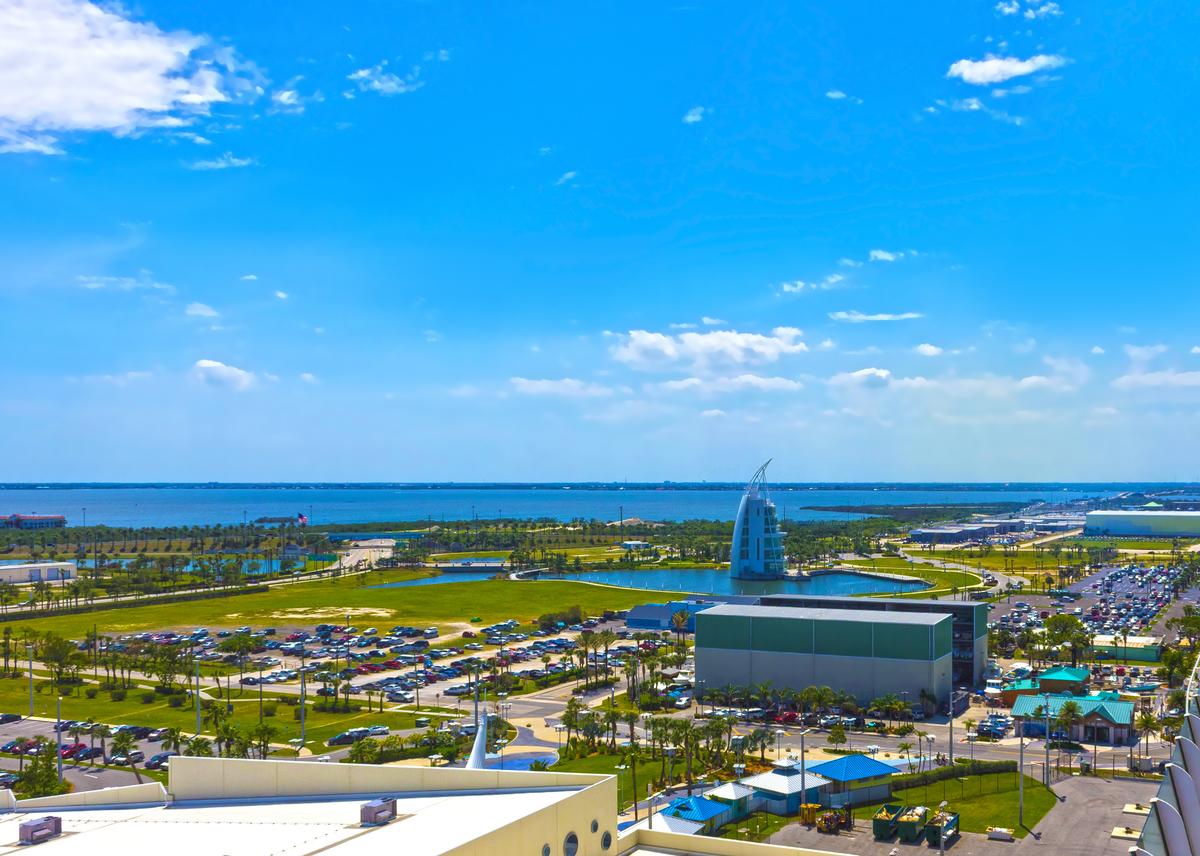
1. Cape Canaveral, Florida
Visiting Cape Canaveral in February feels like a perfect escape. The weather is mild, the skies are often crystal clear, and the beaches have a quieter charm before spring break crowds arrive. Set on Florida’s Space Coast, it’s a destination that blends coastal calm with the thrill of exploration, both past and future.
What stood out most was the balance: long, breezy walks along the shoreline paired with the awe of watching rocket launches that light up the night sky. The town itself moves at a relaxed, seaside rhythm, while nearby you’re reminded of humankind’s greatest leaps into space.
In February, Cape Canaveral is both grounding and energizing — with friendly locals, fresh seafood, and the chance to catch both Atlantic sunrises and the spectacle of launches. It’s the kind of place where you can breathe deep, slow down, and look up at the vast sky with a sense of wonder.
What to do in Cape Canaveral in a February weekend:
- Tour the legendary Kennedy Space Center and stand beneath the Saturn V rocket
- Enjoy cooler-weather strolls on Cherie Down Park Beach
- Take a winter boat tour from Port Canaveral — dolphin and manatee sightings are common
- Warm up with fresh seafood at Grills Seafood Deck & Tiki Bar
- Climb to the top of Cape Canaveral Lighthouse for panoramic coastal views
- Check the launch calendar — February often has scheduled rocket launches
- Stay overnight at a cozy seaside spot like the Radisson Resort at the Port
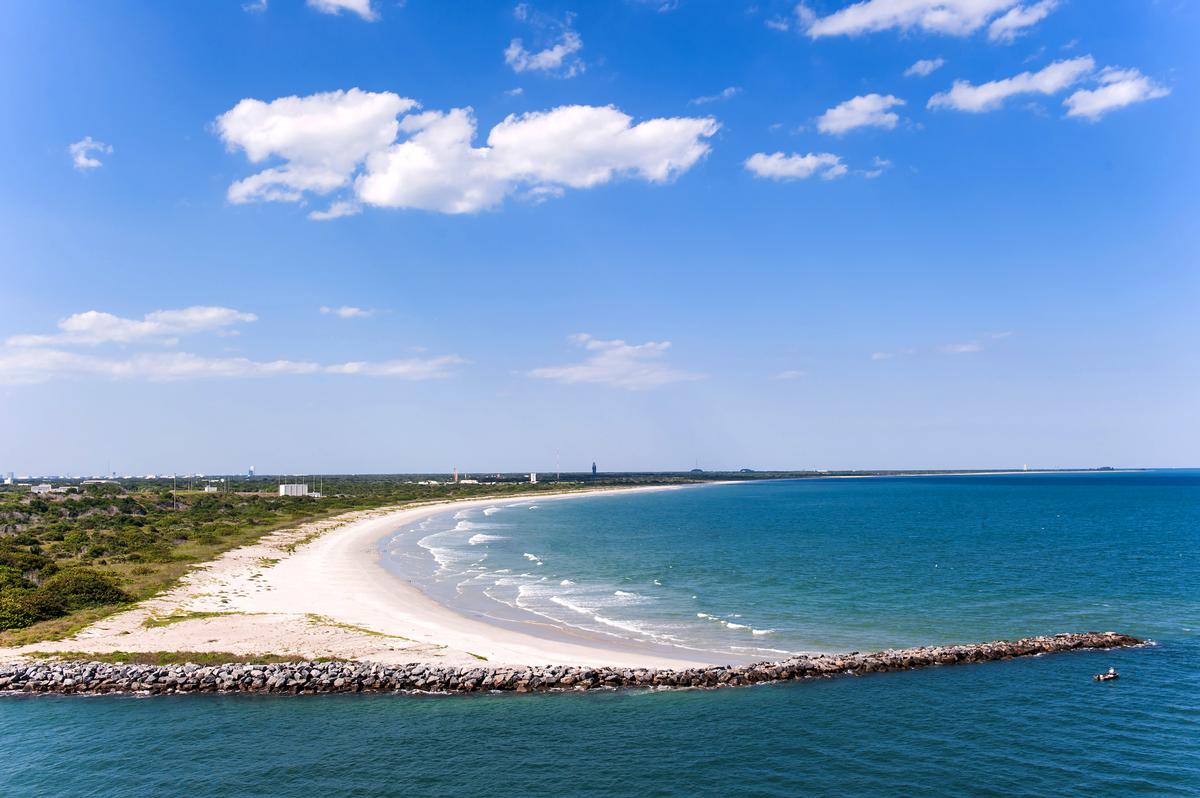
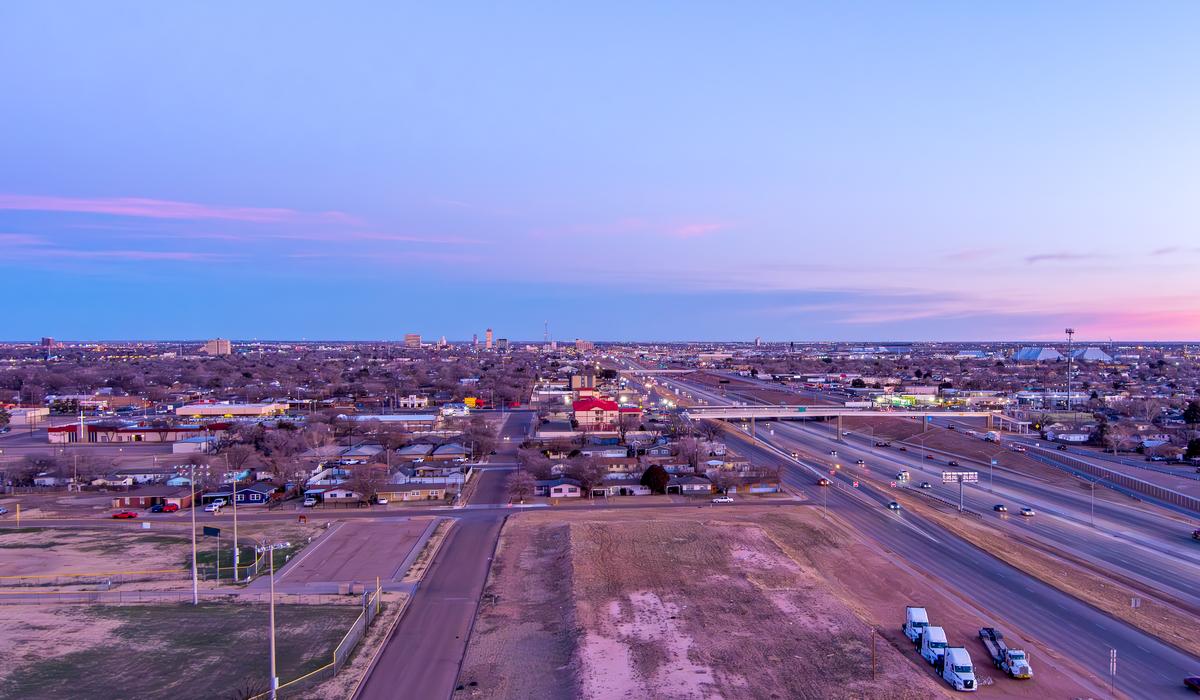
2. Lubbock, Texas
Lubbock surprised me with its blend of wide-open Texas landscapes and a creative, youthful energy that comes from being a true college town. Known as the “Hub City,” it feels both grounded in its roots and constantly pushing forward — where cotton fields meet live music venues, and history meets innovation.
What stood out most was the rhythm of the place: endless horizons and golden sunsets balanced with a lively arts and culinary scene. Downtown carries the charm of old brick storefronts, while just minutes away you’ll find sprawling vineyards, museums, and trails that open up the High Plains.
I found Lubbock to be warm and welcoming — a city with deep West Texas heritage, friendly locals, and a strong sense of community. Whether you’re here for music, food, or simply to take in the vast skies, it’s a destination that feels authentically Texan yet full of surprises.
What to do in Lubbock in a weekend:
- Walk through Buddy Holly Center to explore the life and music of the rock ’n’ roll legend
- Stroll around Historic Depot District, known for nightlife, breweries, and live shows
- Visit the National Ranching Heritage Center to see authentic frontier buildings
- Sip locally crafted wines at Llano Estacado Winery or McPherson Cellars
- Explore the Prairie Dog Town, a quirky Lubbock landmark perfect for families
- Catch a performance or game at Texas Tech University, the heart of the city
- End the day with dinner at Triple J Chophouse & Brew Co., a local favorite

3. Daphne, Alabama
Daphne, perched on the eastern shore of Mobile Bay, struck me as a coastal town that blends Southern charm with sweeping waterside views. Known as the “Jubilee City,” it carries a sense of calm and tradition, where the rhythms of the tide set the pace of life and neighbors greet you like family.
What stood out most was the natural beauty — moss-draped oaks lining quiet streets, sunsets that paint the bay in shades of gold and pink, and a waterfront that feels both peaceful and alive. At the same time, Daphne has a vibrant community spirit, with farmers’ markets, seafood spots, and festivals that make it feel warm and welcoming year-round.
I found Daphne to be a place where you can slow down without losing connection — rich in history, shaped by the bay, and filled with small-town charm. It’s a perfect stop for those wanting a balance of relaxation, coastal scenery, and authentic Alabama culture.
What to do in Daphne in a weekend:
- Take a peaceful walk through Bayfront Park and enjoy sweeping views of Mobile Bay
- Stroll the mossy trails at Village Point Park Preserve, home to ancient oak trees
- Browse local produce and crafts at the Daphne Farmers Market
- Savor Gulf Coast flavors with dinner at Boudreaux’s Cajun Grill overlooking the bay
- Learn about local heritage at the Daphne History Museum
- Catch a sunset at May Day Park, one of the best viewing spots on the bay
- Stay overnight at a nearby inn or a cozy spot along the Eastern Shore
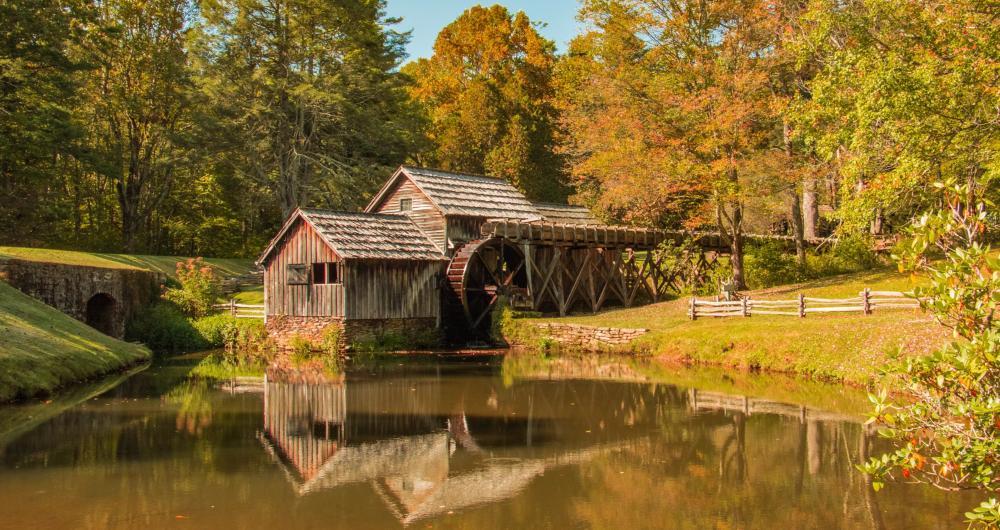
4. Floyd, Virginia
Floyd feels like a mountain town that beats to its own rhythm — rooted in Blue Ridge traditions yet alive with creativity and music. Perched along the Blue Ridge Parkway, it’s a place where rolling hills meet handmade art, and where community gatherings feel as timeless as the mountains themselves.
What stood out most was the character: fiddle tunes drifting out of local venues, colorful murals brightening up the streets, and the balance of quiet country roads with a thriving artistic spirit. Floyd is small, but it pulses with culture — from Appalachian heritage to the welcoming hum of its Friday night jamborees.
I found Floyd to be both soulful and inspiring — a town where the mountain air clears your head, the arts spark curiosity, and the people make you feel right at home. It’s the kind of destination that blends natural beauty with cultural richness, leaving you refreshed and connected.
What to do in Floyd in a weekend:
- Catch live bluegrass at the legendary Floyd Country Store, home to Friday Night Jamborees
- Drive a stretch of the scenic Blue Ridge Parkway for sweeping mountain views
- Browse local art galleries and craft shops downtown
- Sample wines with a view at Chateau Morrisette Winery
- Explore trails at Rock Castle Gorge for a taste of the wild Blue Ridge
- Enjoy farm-to-table dining at Red Rooster Café or other local spots
- Stay overnight in a cozy B&B or a mountain cabin retreat
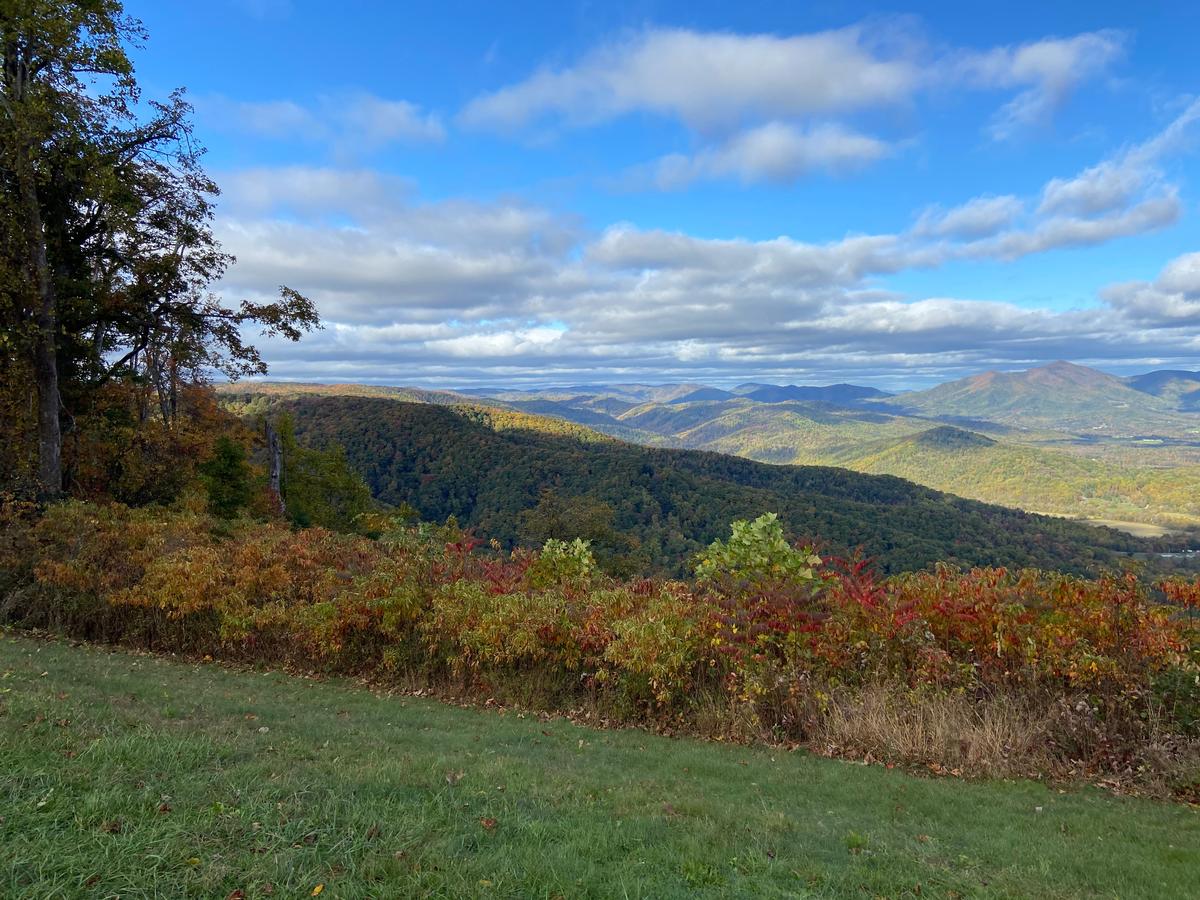
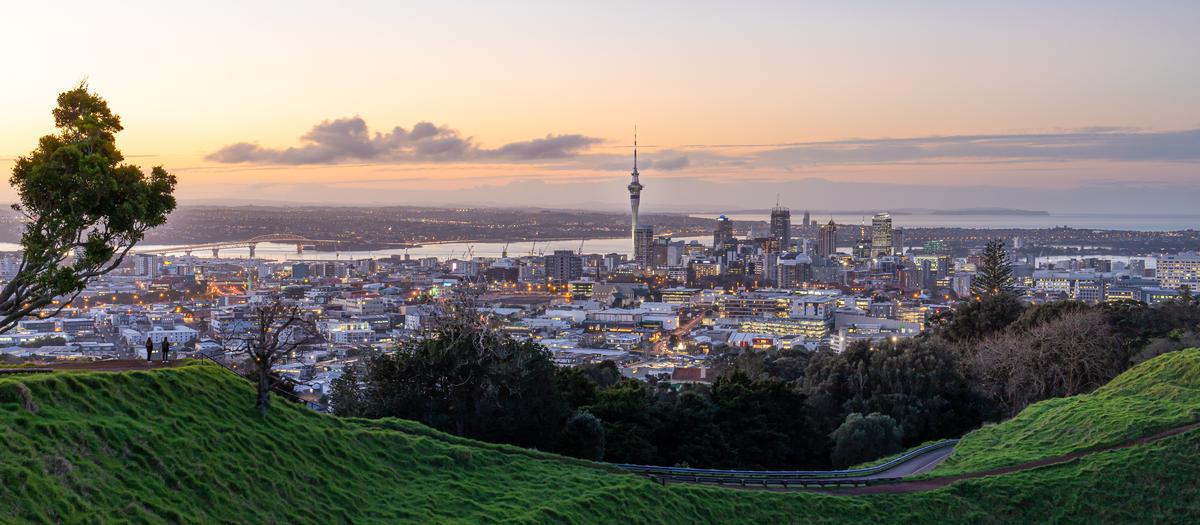
5. Auckland
When I visited Auckland this month, it struck me as a city that balances cosmopolitan energy with easy access to nature. Known as the “City of Sails,” it’s surrounded by sparkling harbors and volcanic hills, giving it a landscape that feels dynamic and ever-changing. It’s a place where urban life, cultural diversity, and the outdoors blend seamlessly.
What stood out most was the contrast: sleek downtown neighborhoods filled with restaurants and galleries, paired with ferry rides that whisk you to quiet islands and vineyards. Auckland carries a rhythm that’s vibrant yet relaxed — a true harbor city with a pulse of its own.
I found Auckland to be both welcoming and inspiring — a hub of Maori heritage, modern culture, and natural beauty all rolled into one. Whether it’s dining on fresh seafood, hiking a coastal trail, or sailing across the bay, Auckland offers a chance to explore New Zealand’s heart without ever being far from adventure.
What to do in Auckland in a weekend:
- Climb Mount Eden or One Tree Hill for panoramic city and harbor views
- Stroll along the Viaduct Harbour for dining, nightlife, and waterfront vibes
- Take a ferry to Waiheke Island for wine tasting and beaches
- Explore Auckland Art Gallery Toi o Tamaki for Maori and Pacific art
- Walk the coastal trails at Devonport, a charming seaside suburb
- Shop and dine in Britomart, Auckland’s lively district of boutiques and cafés
- Stay the night in a harbor-view hotel downtown for skyline and sea in one frame
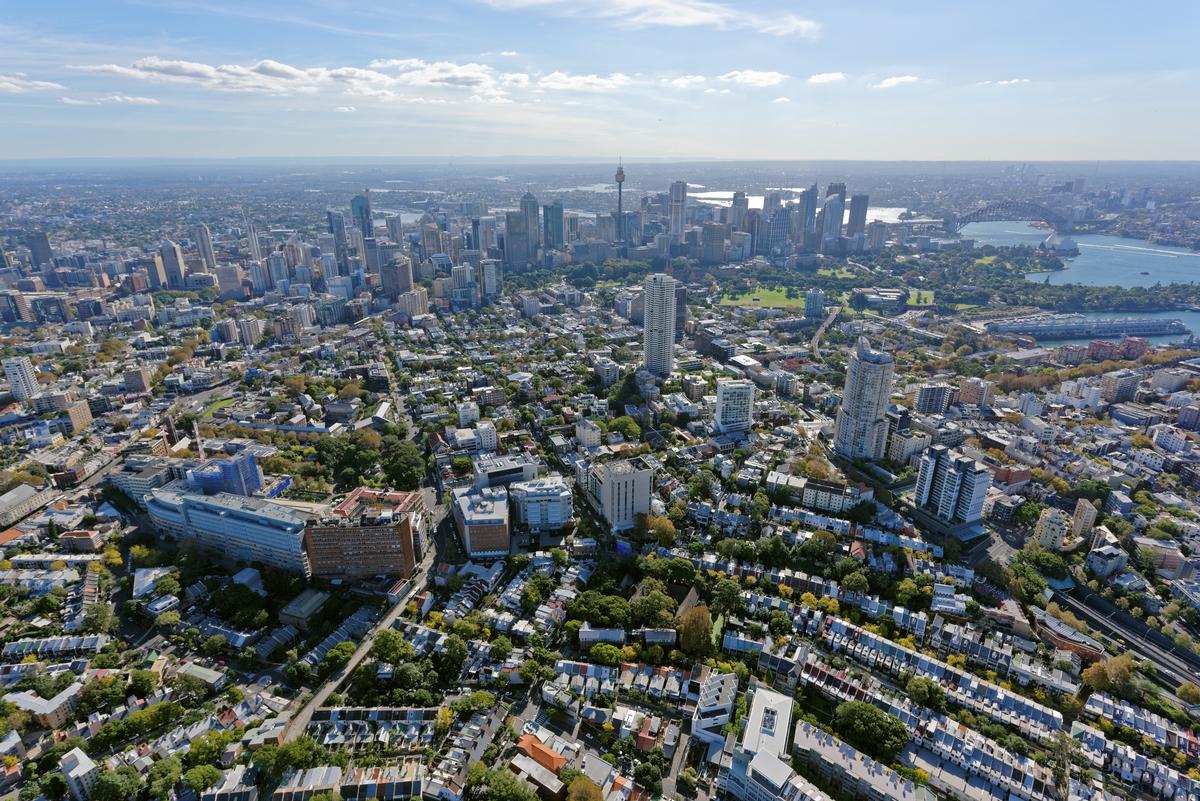
6. Darlinghurst, Sydney
Visiting Darlinghurst in February means experiencing the neighborhood at its most vibrant. Warm summer evenings spill into lively streets, café tables stretch onto sidewalks, and the energy from nearby Mardi Gras celebrations begins to fill the air. Just east of Sydney’s CBD, it’s a district that blends historic terrace houses with cutting-edge dining, nightlife, and art.
What stood out most was the atmosphere: leafy streets alive with people, boutique shops buzzing, and creative venues like the National Art School showcasing new exhibitions. February in Darlinghurst feels celebratory, with long days perfect for for explorin galleries and evenings made for alfresco dining.
I found Darlinghurst in February to be dynamic and welcoming — a hub of Sydney’s culture, history, and food scene. Whether you’re taking in art, soaking up the festive mood on Oxford Street, or enjoying a summer dinner at Restaurant Moon, the neighborhood captures the spirit of the city at its most colorful.
What to do in Darlinghurst on a February weekend:
- Explore Oxford Street, buzzing with nightlife and Mardi Gras energy
- Visit the National Art School for contemporary exhibitions on its historic campus
- Dine at Restaurant Moon for Thai-European fusion in an intimate setting
- Stroll leafy Darlinghurst Road for boutique shopping and sidewalk cafés
- Catch fresh design and art at the Australian Design Centre
- Start the day with summer brunch at Bill’s or another local favorite
- Stay in a boutique hotel and enjoy warm February nights in the heart of Darlinghurst
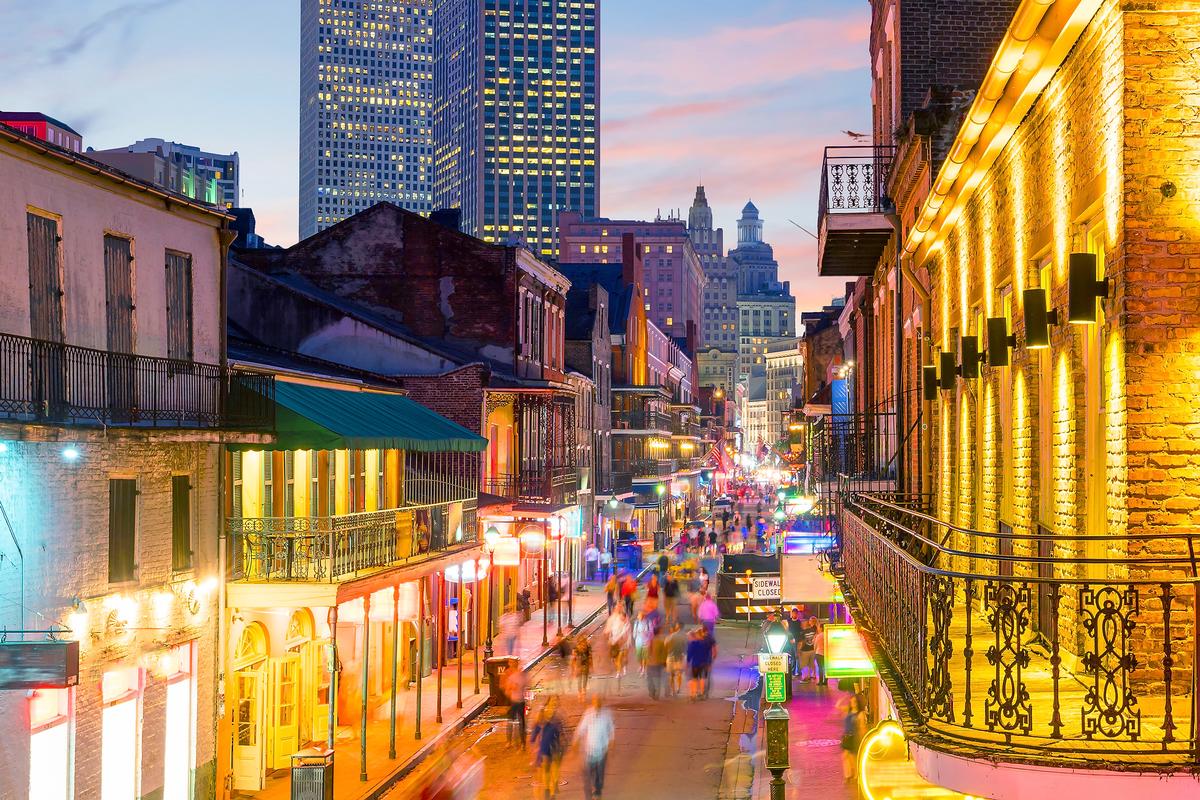
7. New Orleans, Louisiana
New Orleans in February is alive with color, music, and celebration. The city hums with anticipation for Mardi Gras — parades roll down oak-lined streets, brass bands echo through the French Quarter, and the air carries the scent of king cake and Creole cooking. It’s a place where history, culture, and joy collide in unforgettable ways.
What stood out most was the rhythm of the city: jazz spilling from hidden courtyards, beads hanging from balconies, and neighborhoods each offering their own flavor of the season. Even beyond the parades, February in New Orleans is a time when art, food, and community are at their peak, creating a citywide festival atmosphere.
I found New Orleans to be endlessly captivating — rooted in French, Spanish, and Creole traditions, yet always reinventing itself. Whether you’re dancing in the streets, tasting gumbo at a corner café, or simply watching the Mississippi flow by, the city invites you to celebrate life in its fullest form.
What to do in New Orleans in a February weekend:
- Experience a Mardi Gras parade — from Uptown family-friendly floats to the vibrant French Quarter
- Listen to live jazz at Preservation Hall or a hidden Frenchmen Street club
- Walk the French Quarter, with its wrought-iron balconies and street performers
- Sample Creole and Cajun classics at Commander’s Palace or a neighborhood po’ boy shop
- Tour the Garden District with its grand mansions and oak-shaded streets
- Take a steamboat cruise along the Mississippi River
- Stay overnight in a historic hotel in the French Quarter or a boutique inn in the Marigny
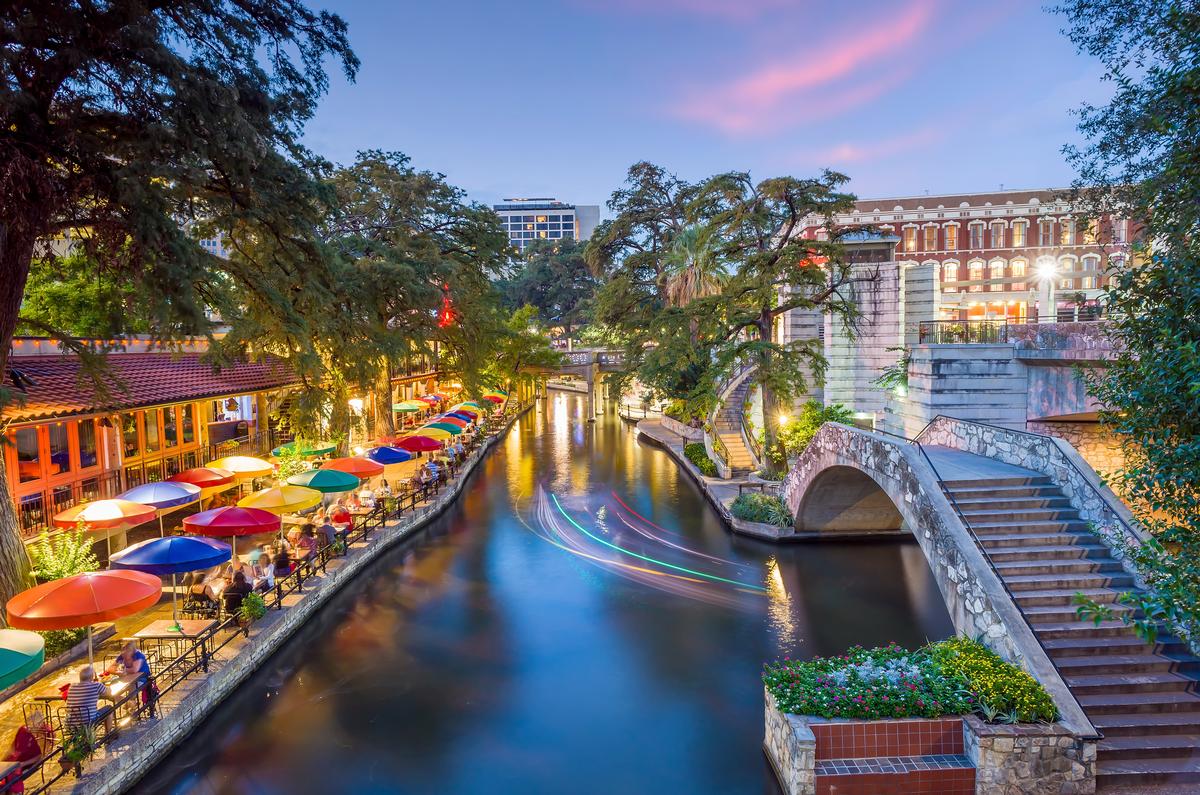
8. San Antonio, Texas
San Antonio struck me as a city where history and modern life flow side by side — from centuries-old missions to a lively riverfront filled with color and music. Known for the Alamo and its rich blend of cultures, it’s a destination that feels both deeply Texan and distinctly unique.
What stood out most was the balance: strolling along the shaded River Walk lined with restaurants and cafés, then stepping just blocks away into quiet plazas where Spanish colonial architecture still tells the city’s story. San Antonio feels festive and welcoming, yet grounded in its heritage.
I found the city to be warm and engaging — a place where food, music, and history come together in everyday life. Whether you’re savoring Tex-Mex, exploring historic missions, or simply watching mariachi bands by the river, San Antonio offers a mix of relaxation and discovery that leaves a lasting impression.
What to do in San Antonio in a weekend:
- Visit the legendary Alamo to explore Texas history
- Stroll along the San Antonio River Walk for dining, shopping, and nightlife
- Explore the San Antonio Missions, a UNESCO World Heritage Site
- Enjoy Tex-Mex flavors at Mi Tierra Café y Panadería in Market Square
- Wander through the Historic Market Square, filled with shops and local culture
- Visit the San Antonio Museum of Art for global collections in a riverside setting
- Stay downtown at a riverside hotel to soak in the city’s energy
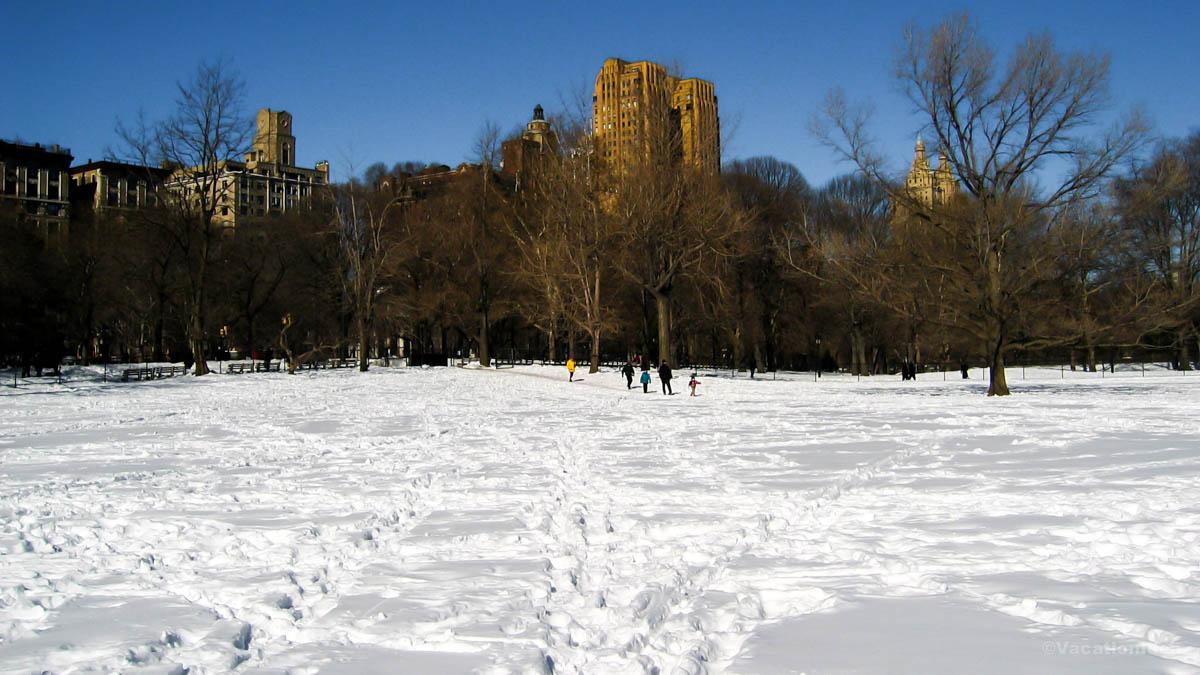
9. Central Park, NYC
Central Park feels like New York City’s breathing space — a sprawling green heart where the pace slows and nature weaves into the rhythm of the city. Set between skyscrapers and busy avenues, it’s a place where joggers, artists, and families all find room to pause and enjoy a different side of Manhattan.
What stood out most was the variety: serene lakes and meadows, tree-lined paths that twist into quiet corners, and open spaces buzzing with performers and picnics. The park shifts with the seasons — spring blooms, summer concerts, autumn foliage, and snowy winters — each giving it a character all its own.
I found Central Park to be grounding and inspiring — a landscape that holds history, culture, and community in one vast space. Whether you’re rowing across the lake, wandering into hidden gardens, or simply sitting with a coffee and watching the city flow by, the park is a reminder of how nature and urban life can coexist beautifully.
What to do in Central Park in a weekend:
- Walk or bike the loop to see the park’s major highlights
- Row a boat on The Lake or relax by Bow Bridge
- Visit Belvedere Castle for views over the Great Lawn
- Stroll through the Conservatory Garden, a quiet oasis in the north
- Catch a performance at Shakespeare in the Park (seasonal)
- Explore the Central Park Zoo with family or friends
- End the day with a carriage ride or sunset walk along the Mall
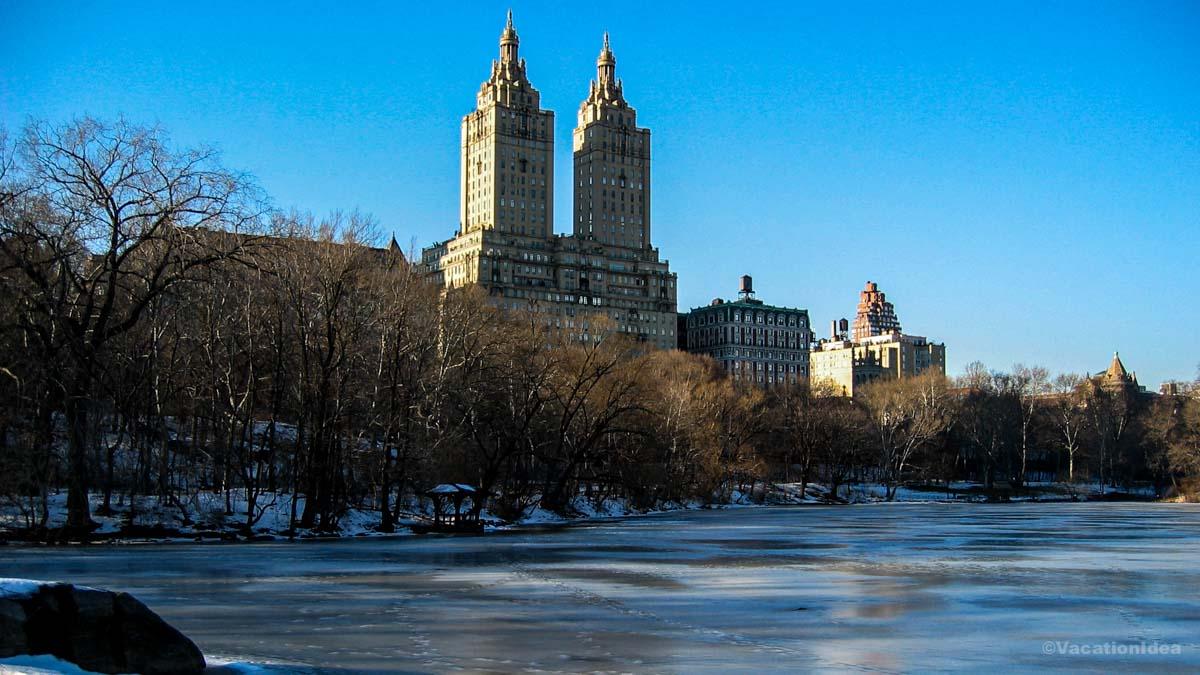
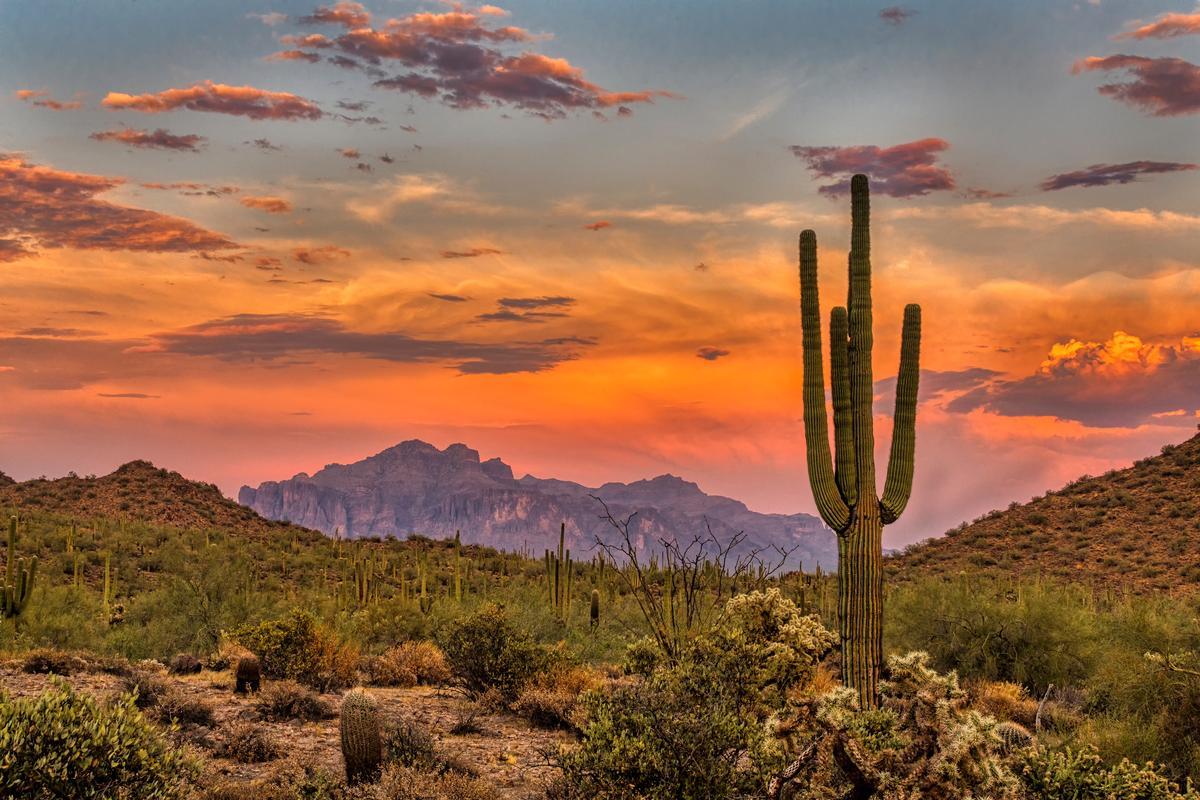
10. Phoenix, Arizona: Desert Trails & Citrus Air
Phoenix feels like a city shaped by the desert — wide skies, rugged mountains on the horizon, and a steady warmth that lingers long after sunset. I think it's the best places to travel in February. Why? Known as the “Valley of the Sun,” it balances modern city life with an endless backdrop of outdoor adventure, where every view seems framed by cacti and sandstone ridges.
What stood out most was the contrast: sleek downtown districts filled with art and dining, paired with trails that wind into quiet desert landscapes just minutes away. Phoenix carries a rhythm that’s laid-back yet vibrant, with a culture that blends Native American heritage, Southwestern flavors, and contemporary creativity.
I found Phoenix to be both energizing and restorative — a city where you can hike at sunrise, explore galleries in the afternoon, and watch the desert glow under a fiery sunset. It’s the kind of place that draws you outdoors while still offering the comforts of a dynamic, growing city.
What to do in Phoenix in a weekend:
- Hike up Camelback Mountain or Piestewa Peak for panoramic desert views
- Explore Native American art and history at the Heard Museum
- Wander through the Desert Botanical Garden to see desert plants in bloom
- Enjoy Southwestern flavors at Barrio Café or other local favorites
- Stroll the galleries and shops of Roosevelt Row, the city’s arts district
- Take a day trip to nearby Scottsdale or Tempe for shopping and nightlife
- Stay at a desert resort with pools and spas to soak up the Arizona sun
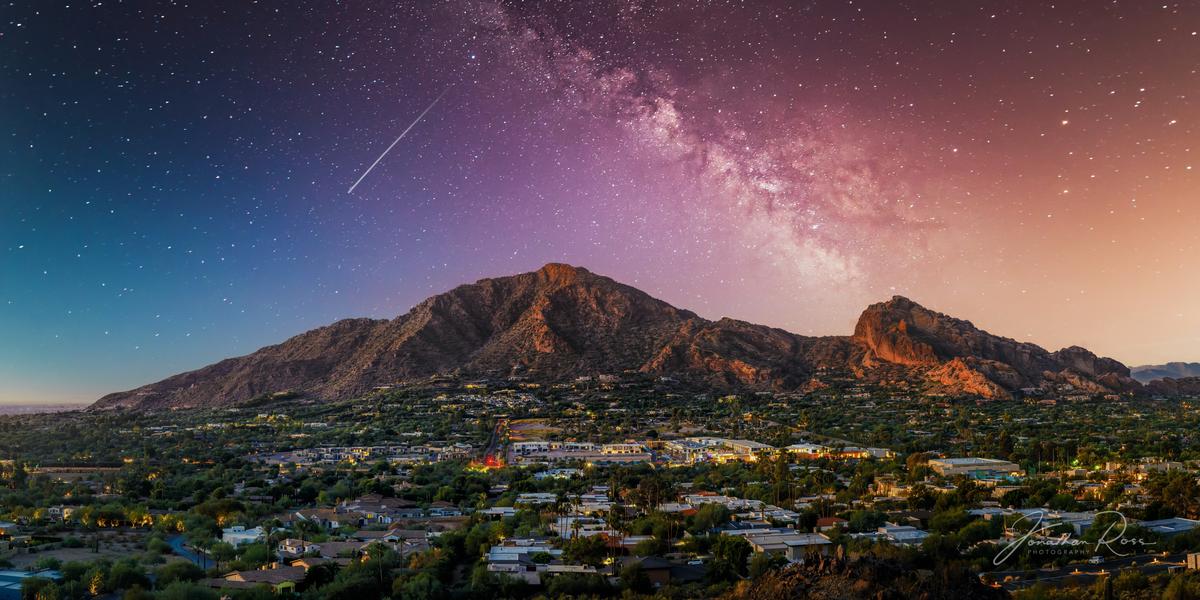
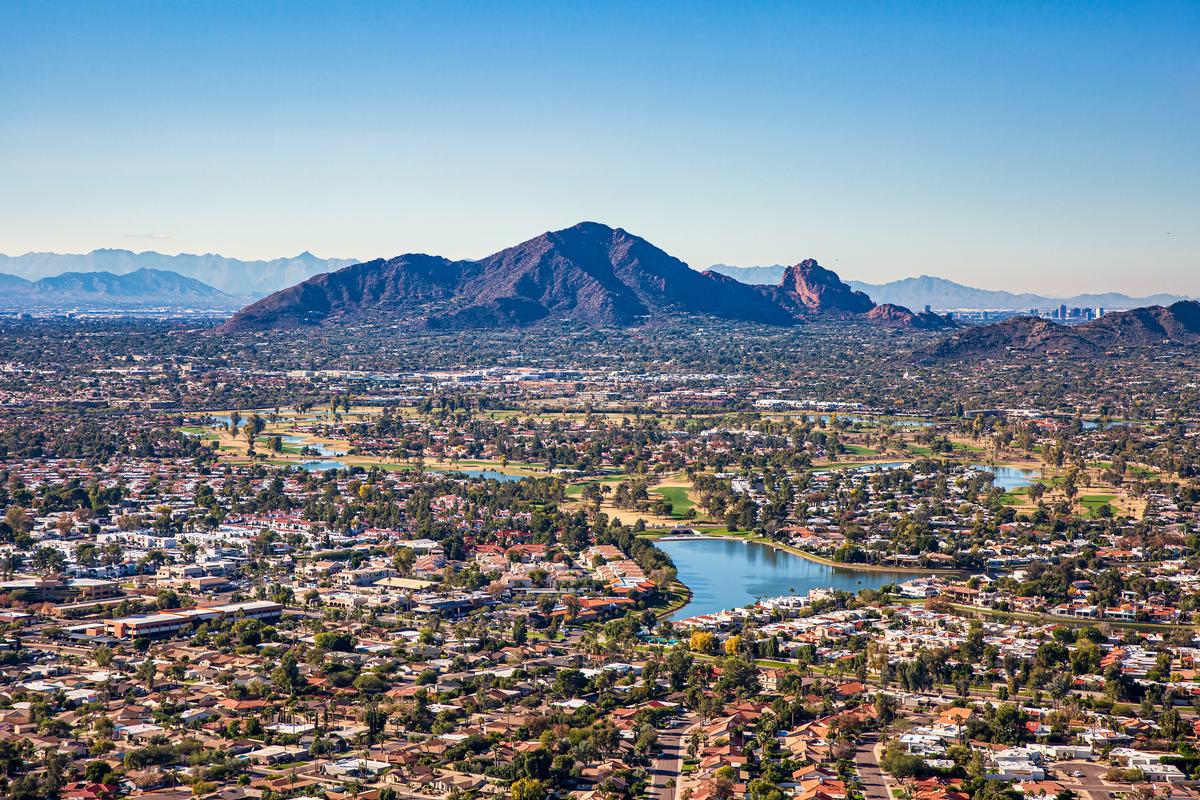
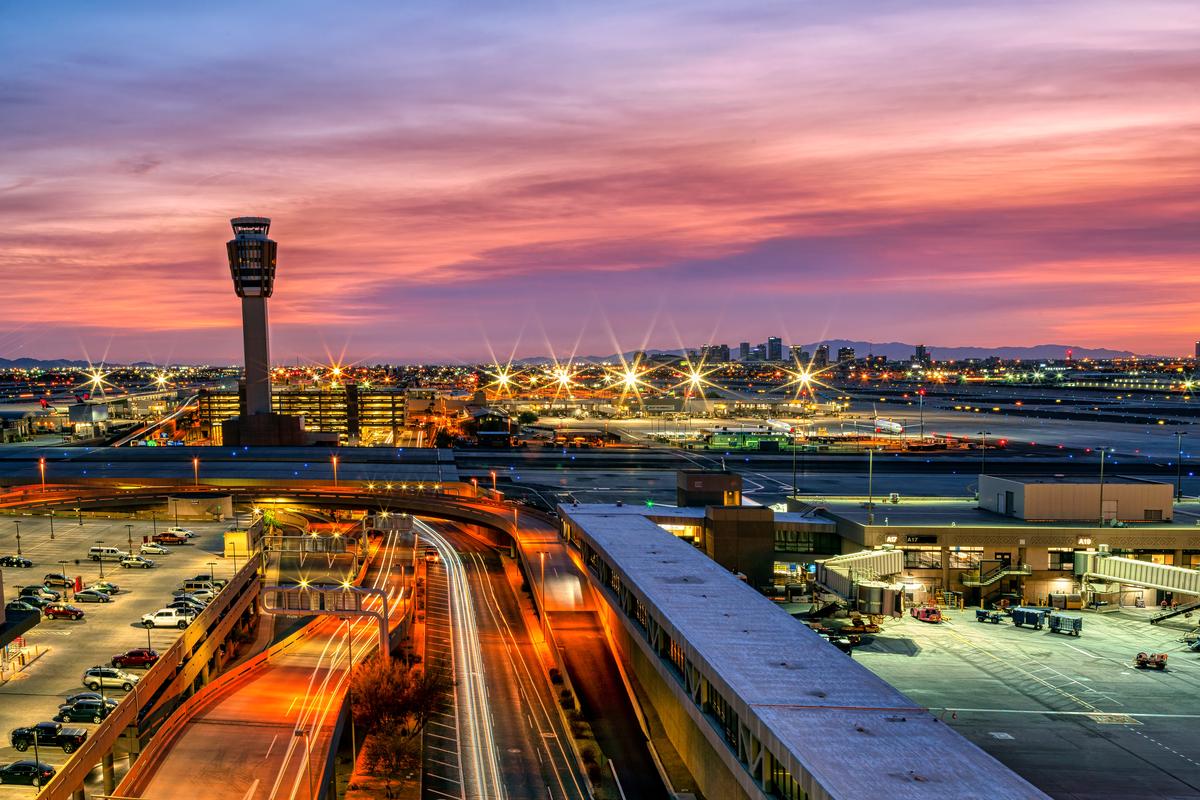
Conclusion
If January is for resetting, February is for recharging, with intention, color, and a little bit of magic. Whether you’re chasing warmth in the South or snow-dusted wonder out West, this is the time to find places that meet your pace. Let the Gulf Coast’s soft sands slow you down. Let the Southwest’s red rocks spark something new. Let every bite, breeze, and moment feel like yours alone.
Booking Checklist
1. Book Your Flight - I use Expedia because I like their mobile app with my itinerary. They've helped me re-book flights on many occasions. Once you reach their Gold tier, support is especially good.
2. Book Your Hotel - I use Booking.com or Expedia, depending on my destination.
3. Book Your Rental Car - I use Expedia.
4. Book your tours on Viator or Get Your Guide.
